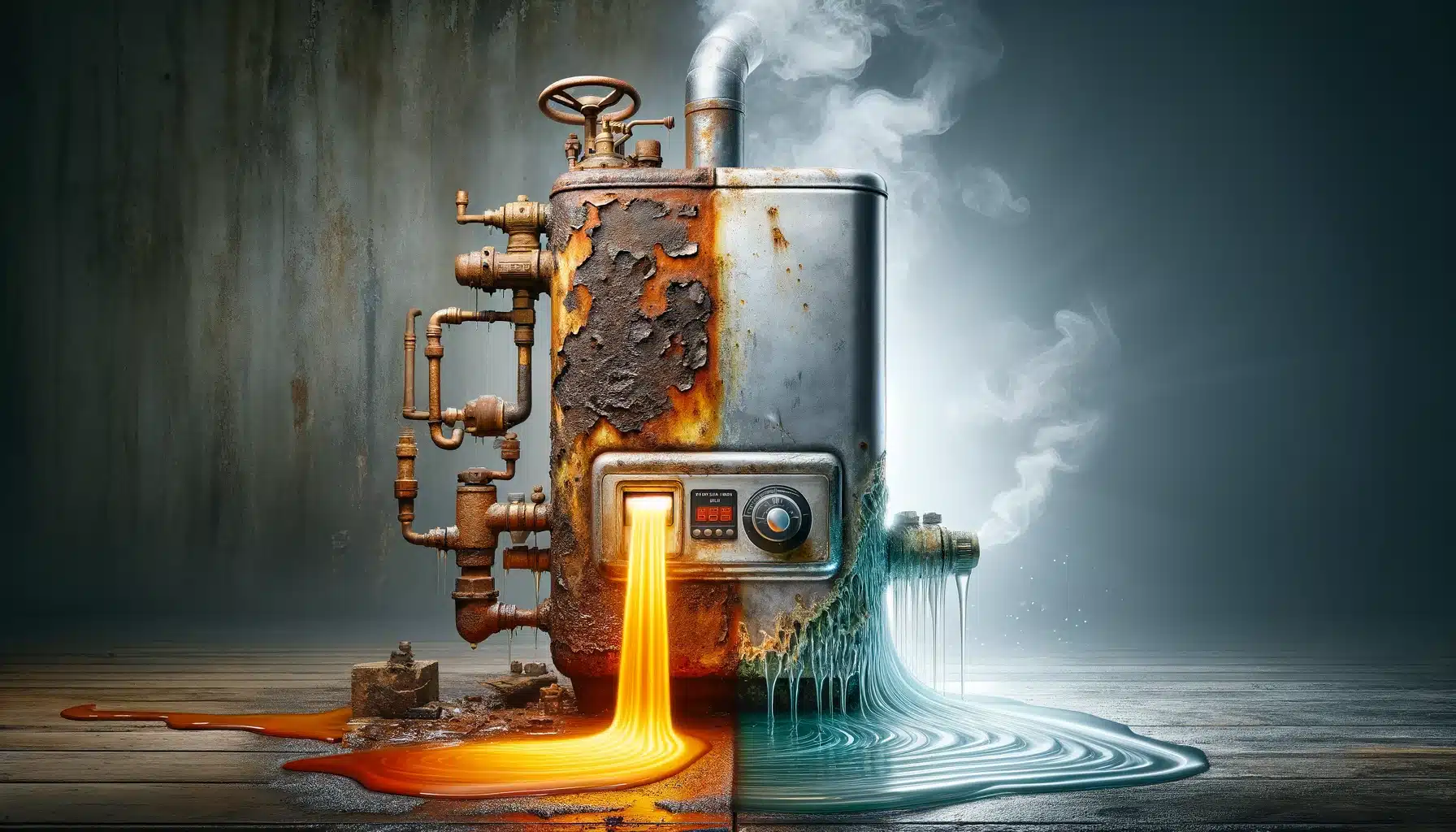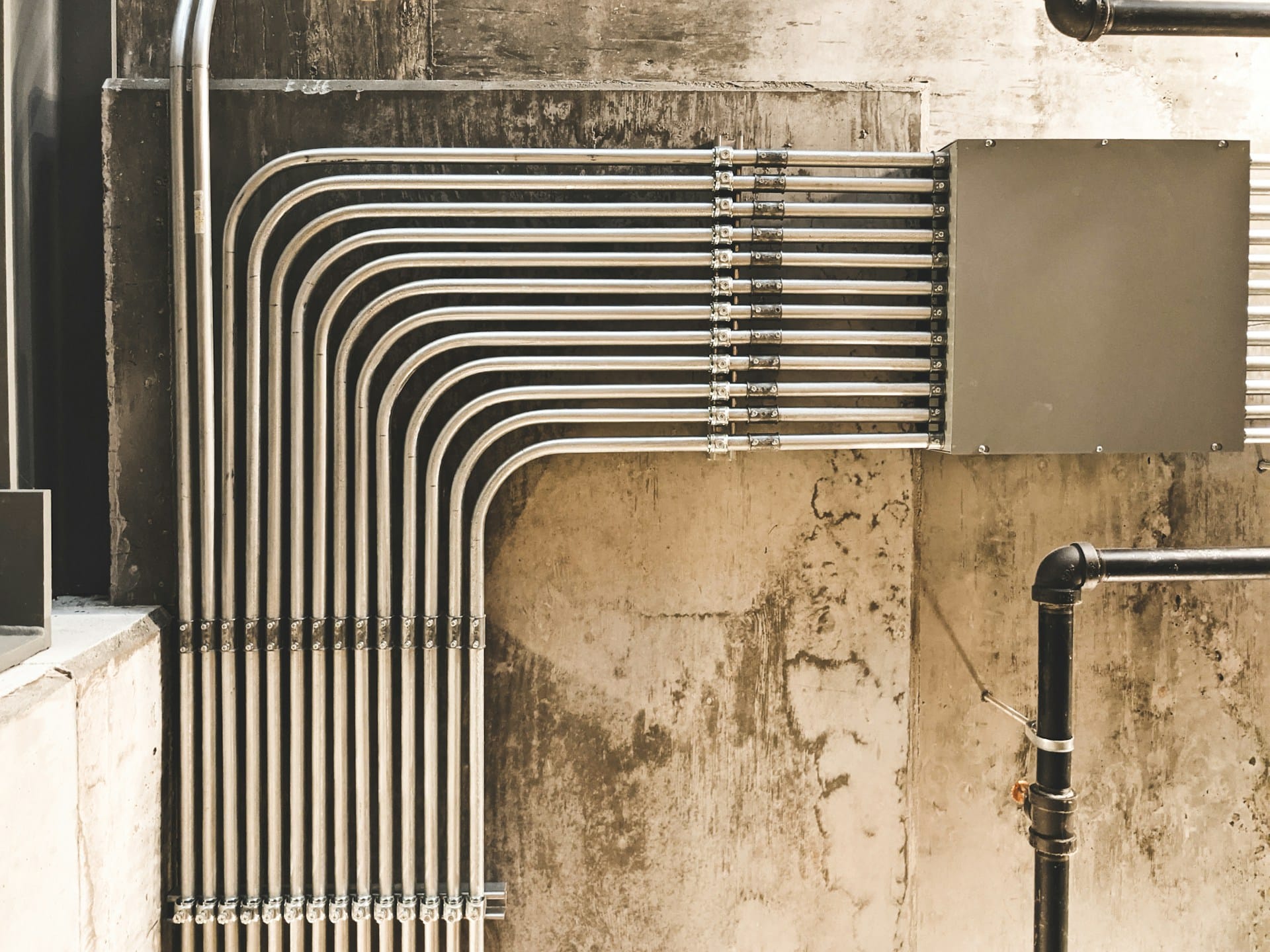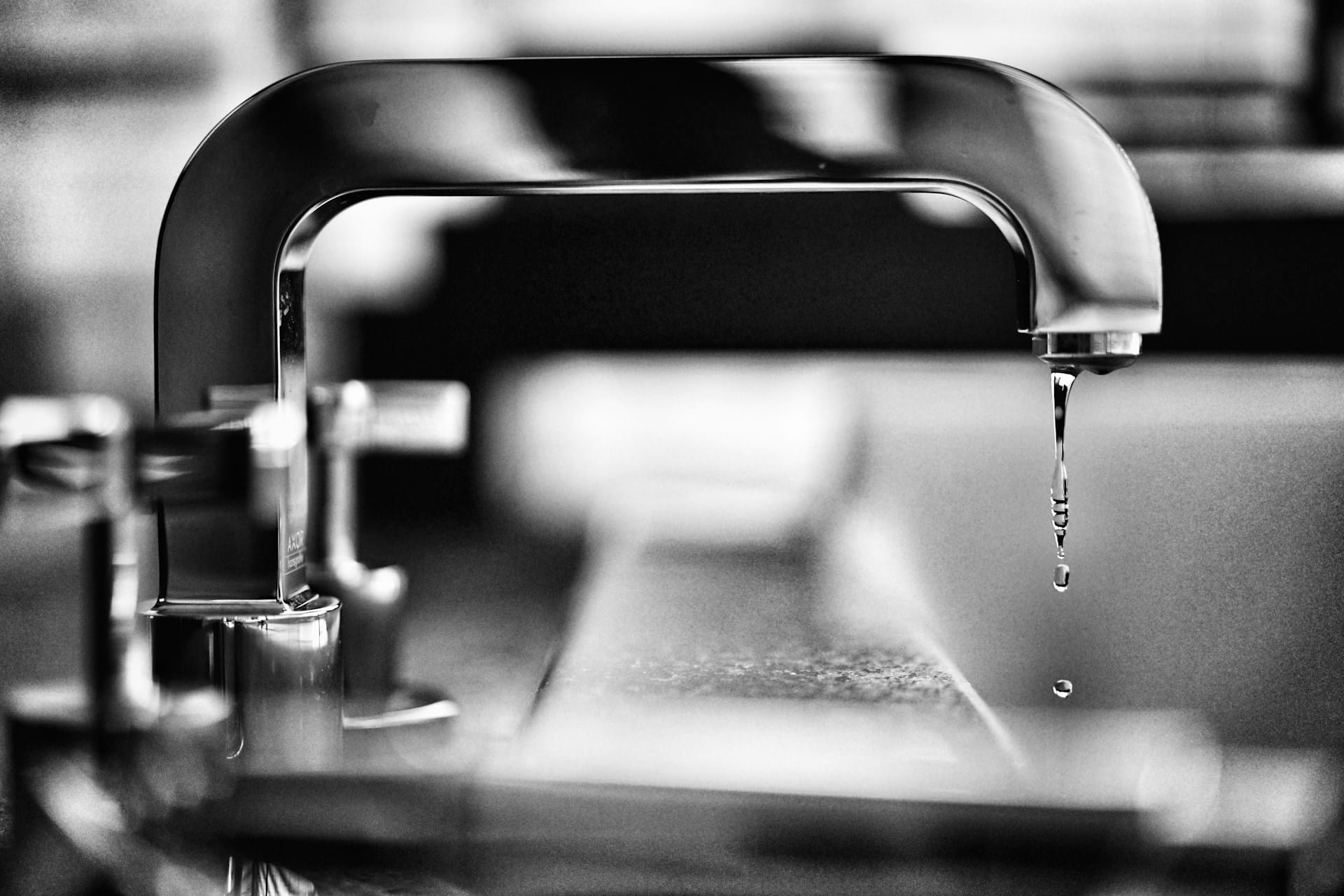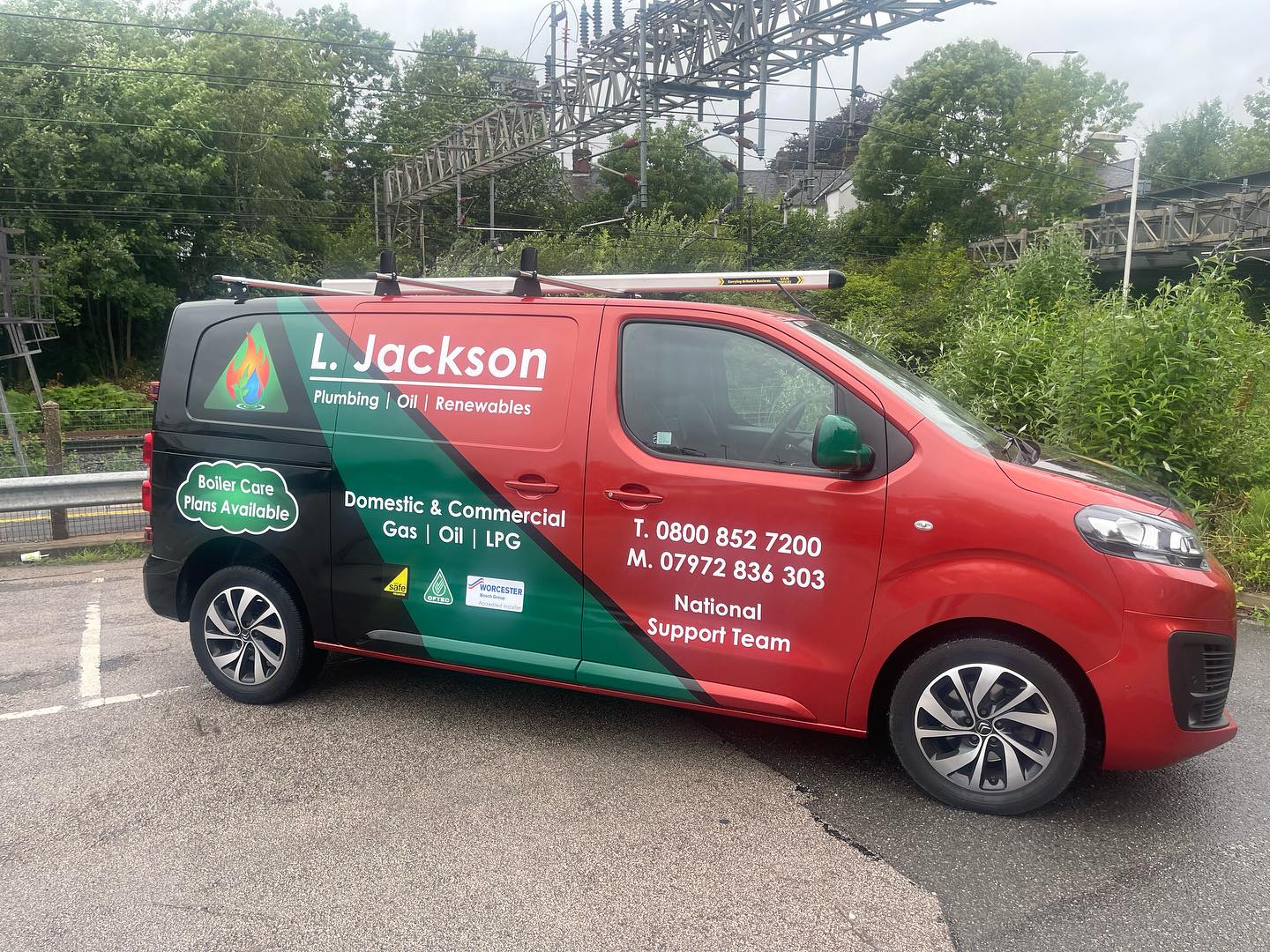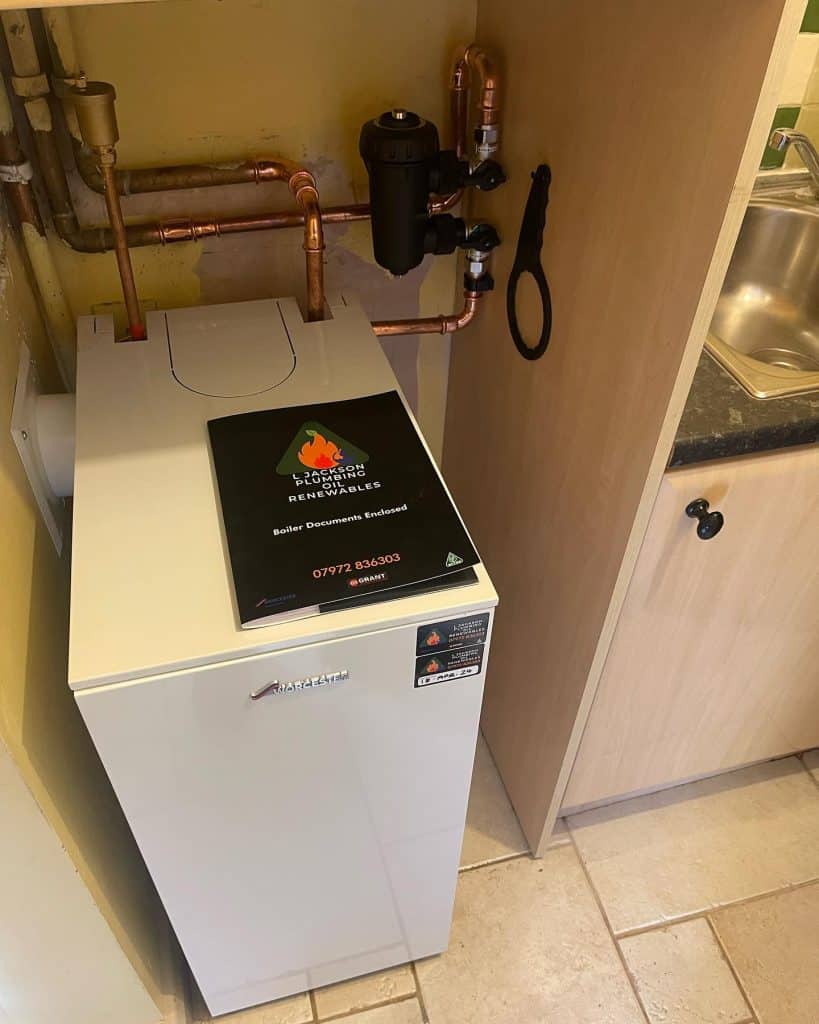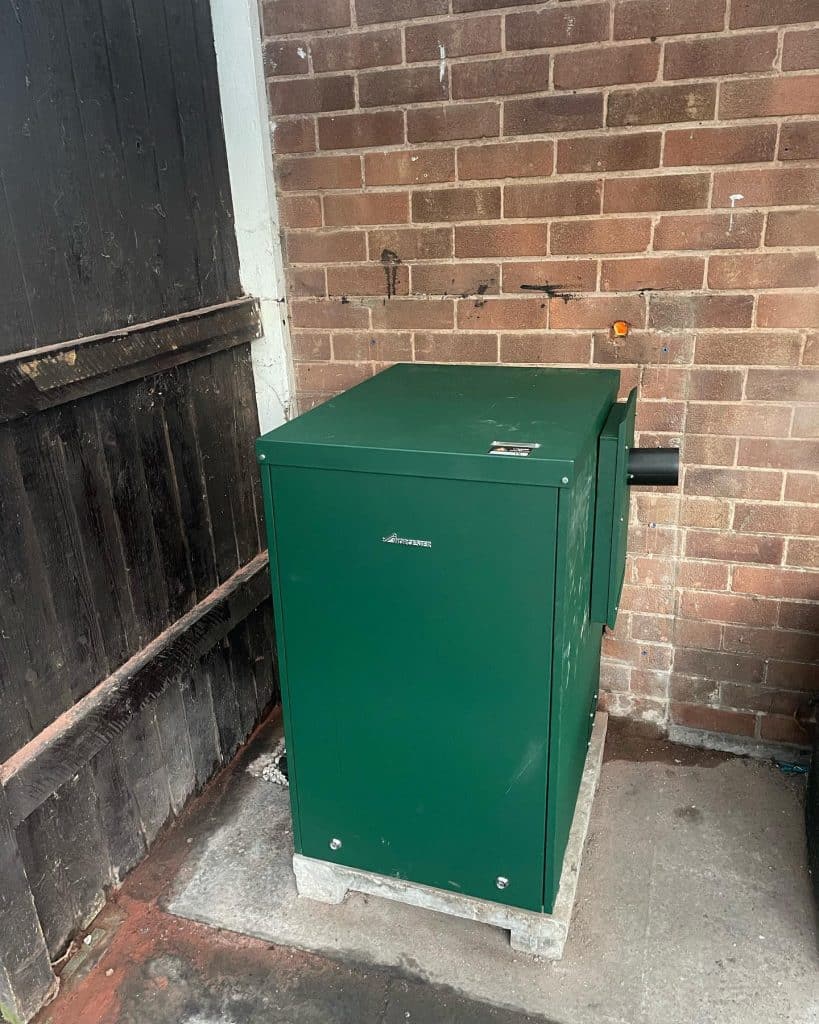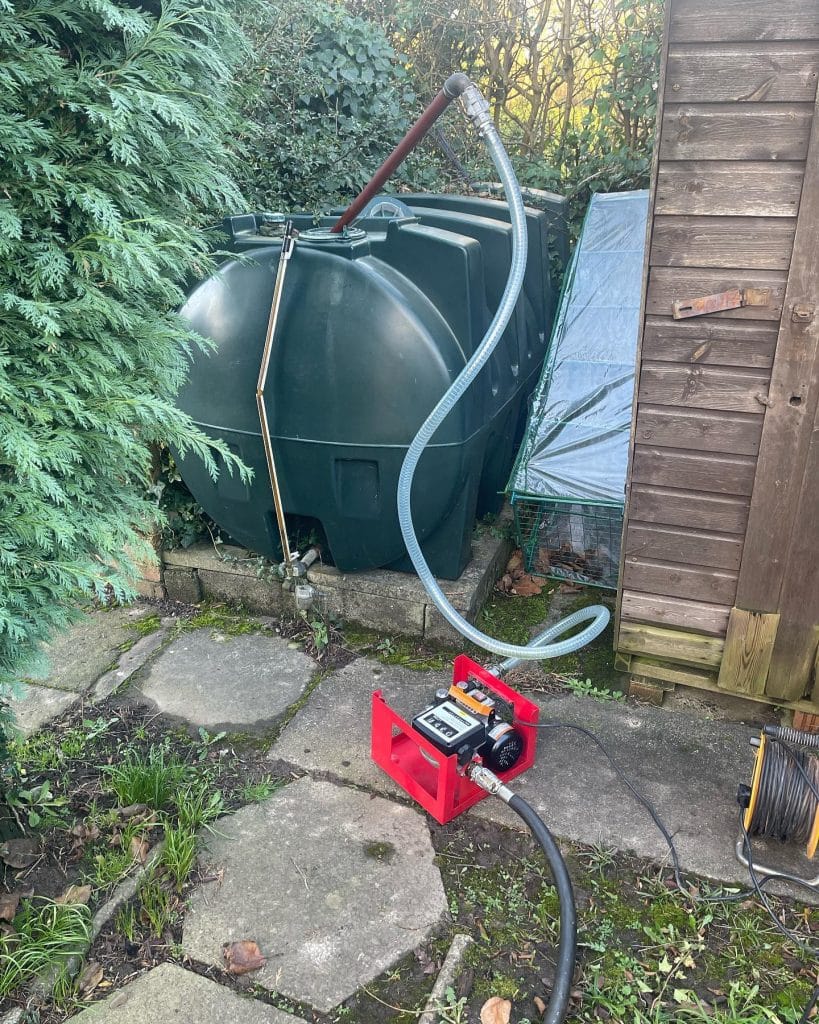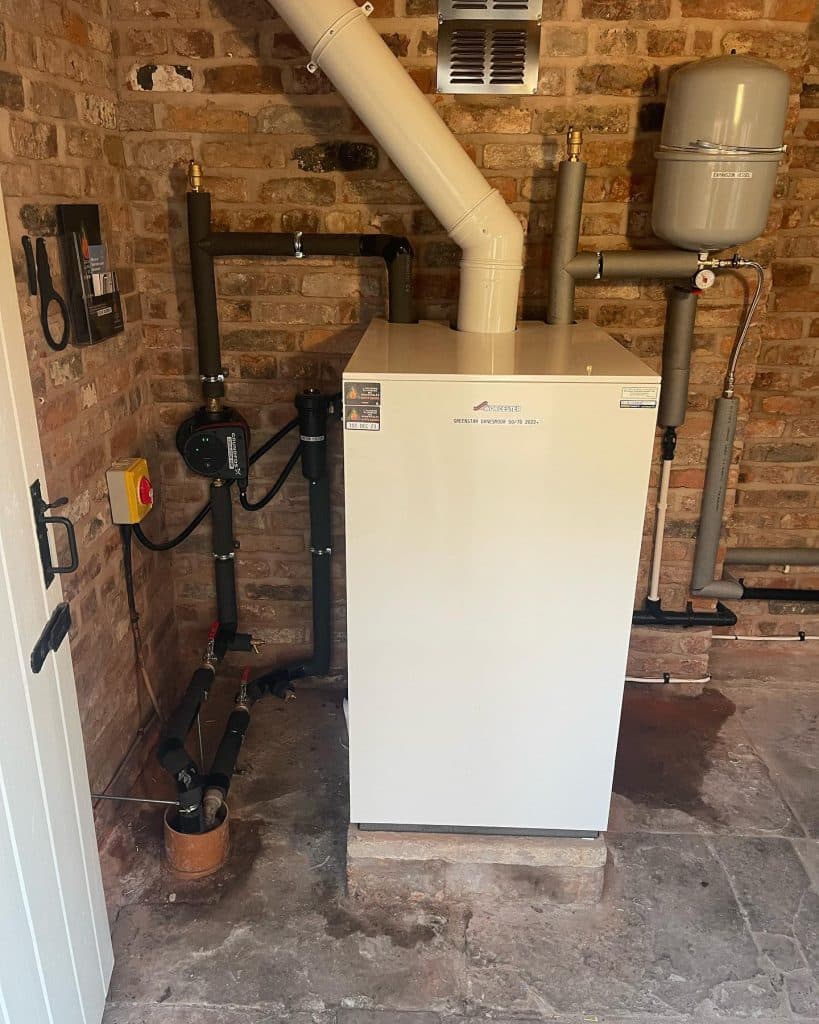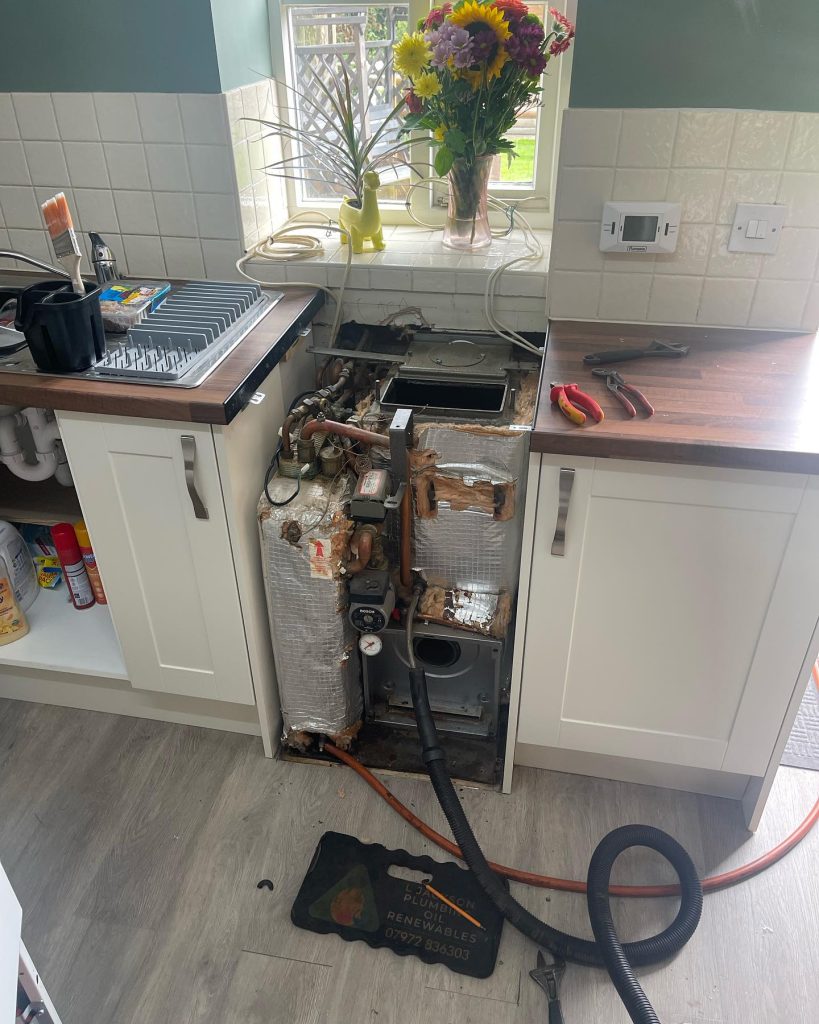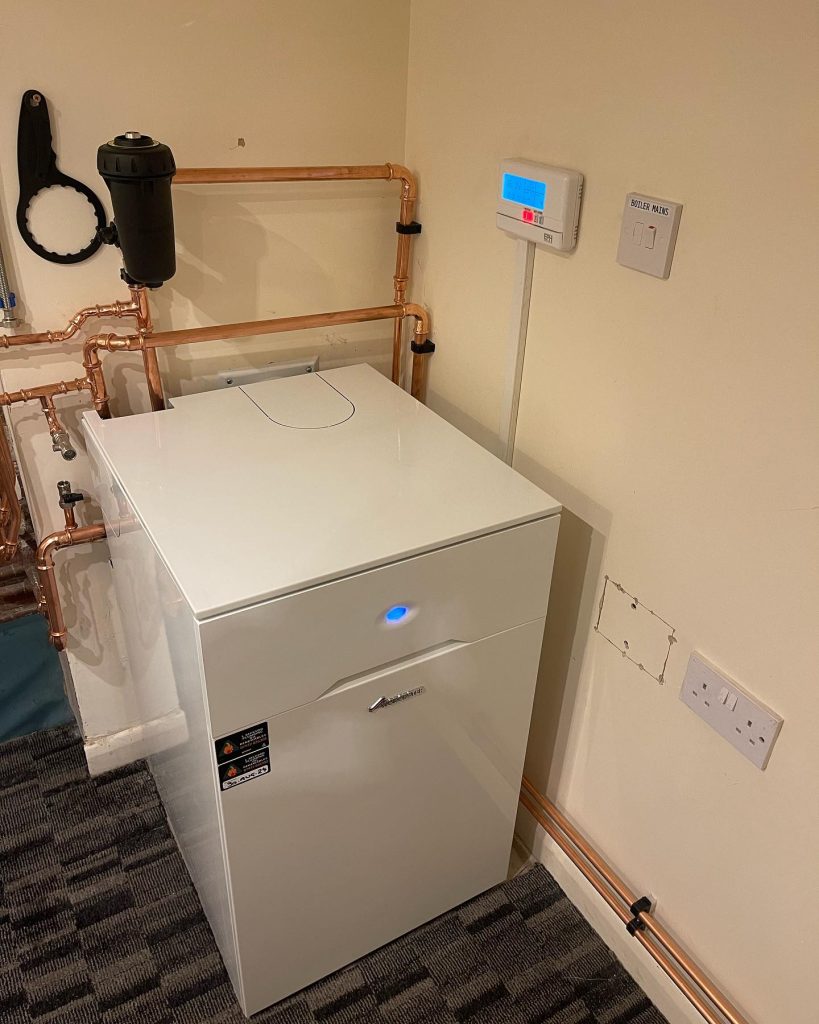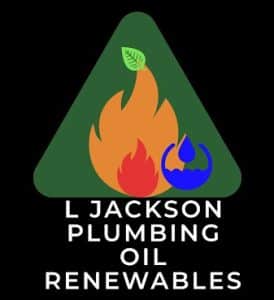When it comes to deciding whether to repair or replace our oil boiler, it’s like standing at a crossroads with safety as our compass.
The intricate dance between the benefits of a new, efficient boiler and the costs of repairs on our current one can lead us down different paths.
As we weigh these factors, an important question lingers in the air, beckoning us to explore the road that will not only keep us warm but also save us money in the long run.
Key Takeaways
- Consider cost implications for repair vs. replacement based on long-term savings and overall cost-effectiveness.
- Prioritise safety, efficiency, and environmental friendliness when deciding between repair or replacement.
- Upgrade to newer models for better energy efficiency, performance, and consistent heating.
- Conduct a thorough cost analysis to compare upfront investment, ongoing maintenance, and potential long-term savings.
Cost Considerations
When considering whether to repair or replace your oil boiler, the first step is to carefully analyze the cost implications involved. It’s essential to conduct a thorough cost comparison between repairing the existing boiler and investing in a new one. While repairing may seem like the cheaper option initially, it’s important to take into account long-term savings. New boilers are often more energy-efficient, leading to reduced monthly heating expenses and lower maintenance expenses over time.
A key factor to weigh is the balance between the cost of immediate repairs and the potential for future breakdowns. Older boilers tend to require more frequent repairs, which can accumulate into significant maintenance expenses. On the other hand, investing in a new boiler might involve a higher upfront cost but could result in lower maintenance and repair costs in the future. When making this decision, it’s important to take into account the overall cost-effectiveness of each option.
To make a well-informed choice between repairing and replacing your oil boiler, evaluating the long-term financial implications is important. By factoring in cost comparisons, potential long-term savings from increased efficiency, and the impact of maintenance expenses, you can determine the most financially prudent decision for your situation. Consulting with a professional boiler technician can also provide valuable insights into the cost-effectiveness of each option.
Age of the Boiler
Considering the age of our oil boiler, it’s important to assess its efficiency and safety standards before making a decision on repair or replacement.
- Safety Assessment: Aging boilers may not meet modern safety standards, potentially posing risks. A professional inspection can determine if the boiler is still safe to operate.
- Longevity: Older boilers have a limited lifespan. If your boiler is nearing the end of its expected life, it may be more prudent to replace it rather than investing in costly repairs.
- Modern Standards: New boilers are designed to be more energy-efficient and environmentally friendly. Upgrading to a newer model could lead to significant savings on energy bills.
- Professional Advice: Seek guidance from a qualified technician or HVAC specialist. They can provide insights on whether repairing the boiler is a viable option or if replacement is the more sensible choice based on safety, efficiency, and longevity considerations.
When deciding whether to repair or replace an aging oil boiler, a thorough assessment of its safety, longevity, adherence to modern standards, and professional advice are key factors in making a well-informed decision. It’s important to prioritize safety and efficiency while considering the long-term cost-effectiveness of your choice.
Energy Efficiency Ratings
Evaluating the energy efficiency ratings of your oil boiler is essential for determining its cost-effectiveness and potential savings when considering repair or replacement options. Understanding the efficiency of your boiler can help you make informed decisions about maintenance tips, upgrading options, and performance benefits. Regular maintenance, such as cleaning or replacing filters, can improve efficiency and extend the lifespan of your boiler. Upgrading to a newer model with advanced features like programmable thermostats or high-efficiency burners can notably enhance energy efficiency. These upgrades not only save on energy costs but also contribute to a more sustainable environment.
When comparing the performance benefits of repairing versus replacing your oil boiler, consider the long-term savings that a more energy-efficient model can provide. Newer boilers often come with higher efficiency ratings, meaning they can heat your home using less fuel, ultimately reducing your energy bills. Additionally, improved technology in newer models can offer better heating performance and more consistent temperatures throughout your home. By weighing the maintenance tips, upgrading options, and performance benefits of different boilers, you can make a well-informed decision that aligns with your goals for efficiency and cost-effectiveness.
Repair Vs. Replacement Costs
To determine the most cost-effective solution for your oil boiler, compare the expenses associated with repairing and replacing it. When weighing the costs, consider the following key factors:
- Upfront Investment: The initial cost of replacing your oil boiler can be substantial. However, newer models are often more energy-efficient and require fewer repairs in the long run. Calculate the upfront investment required for a new boiler versus the cost of repairing the existing one.
- Maintenance Expenses: Older boilers may require frequent repairs and maintenance, which can add up over time. Evaluate the ongoing maintenance expenses for your current boiler and compare them to the maintenance costs of a new, more efficient model.
- Long Term Savings: While replacing your oil boiler may involve a higher initial cost, it could lead to significant long-term savings. Newer boilers are more energy-efficient, resulting in lower monthly utility bills. Consider the potential savings over the lifespan of a new boiler compared to sticking with the old, less efficient one.
- Cost Analysis: Conduct a thorough cost analysis that considers not only the immediate repair or replacement costs but also the long-term financial implications. Factor in potential future repair expenses, energy savings, and the overall cost-effectiveness of each option.
Environmental Impact
When evaluating the environmental impact of your oil boiler, consider its energy efficiency and emissions output. Improving the energy efficiency of your boiler can lead to a significant reduction in its carbon footprint. Upgrading to a newer model that incorporates renewable energy integration and sustainability practices can further enhance these benefits.
Recycling options for old boilers can also contribute to reducing environmental impact. Proper disposal of the old boiler and salvaging reusable parts can help minimize waste and support sustainability efforts. Additionally, staying informed about emissions regulations and green technology advancements can guide you in making environmentally conscious decisions.
Frequently Asked Questions
Can I Convert My Oil Boiler to a Different Type of Heating System, Such as Gas or Electric?
When exploring boiler conversion options, it’s important to weigh the pros and cons. Consider the cost comparison analysis between converting to gas or electric, including installation considerations.
Converting your oil boiler to a different type of heating system can offer benefits like improved efficiency and reduced maintenance costs.
Consulting with professionals will help us make an informed decision that aligns with safety, efficiency, and long-term savings goals.
Are There Any Government Rebates or Incentives Available for Upgrading to a New, More Energy-Efficient Boiler?
When considering upgrading to a new, more energy-efficient boiler, it’s essential to explore potential government incentives and rebates that could offset the cost. These financial assistance programs can make boiler replacement more feasible and cost-effective.
Additionally, upgrading to a more energy-efficient model not only benefits the environment but also leads to long-term savings on energy bills. We recommend researching available upgrade options and incentives to make an informed decision.
How Do I Know if My Boiler Is Properly Sized for My Home’s Heating Needs?
When considering if a boiler is properly sized for your home’s heating needs, focus on boiler efficiency, heat output, and fuel consumption.
Assess if the current boiler adequately heats your home without excessive fuel usage. Check if the heat output matches your home’s size and insulation level.
Consider upgrading to a more efficient boiler if your current one struggles to maintain comfort levels or if you notice high fuel consumption.
What Maintenance Tasks Can I Perform Myself to Prolong the Lifespan of My Boiler?
When it comes to DIY maintenance for boilers, we focus on enhancing boiler efficiency, troubleshooting heating performance issues, and performing preventative care for maximum efficiency.
Regularly cleaning or replacing air filters, checking for leaks, inspecting thermostat settings, and bleeding radiators can all contribute to best boiler performance.
Conducting these tasks can help reduce breakdowns, improve energy efficiency, and extend the lifespan of your boiler for cost-effective heating solutions.
Are There Any Financing Options Available for Purchasing a New Boiler if I Can’t Afford to Replace It Upfront?
When it comes to financing alternatives for purchasing a new boiler, there are several choices available. Payment plans and assistance programs are accessible to help make the cost more manageable. Budget-friendly options and resources can also be explored to find the best solution for your situation.
Seeking out these financing choices can make the process of replacing your boiler more feasible and cost-effective in the long run.
Conclusion
To summarise, after carefully evaluating the cost, age, energy efficiency, and environmental impact of our oil boiler, we’ve decided to replace it.
By prioritising safety, efficiency, and long-term savings, we’re confident that this decision aligns with our needs and priorities.
We look forward to the benefits a new boiler will bring, knowing that we’ve made a well-informed choice for our home.

